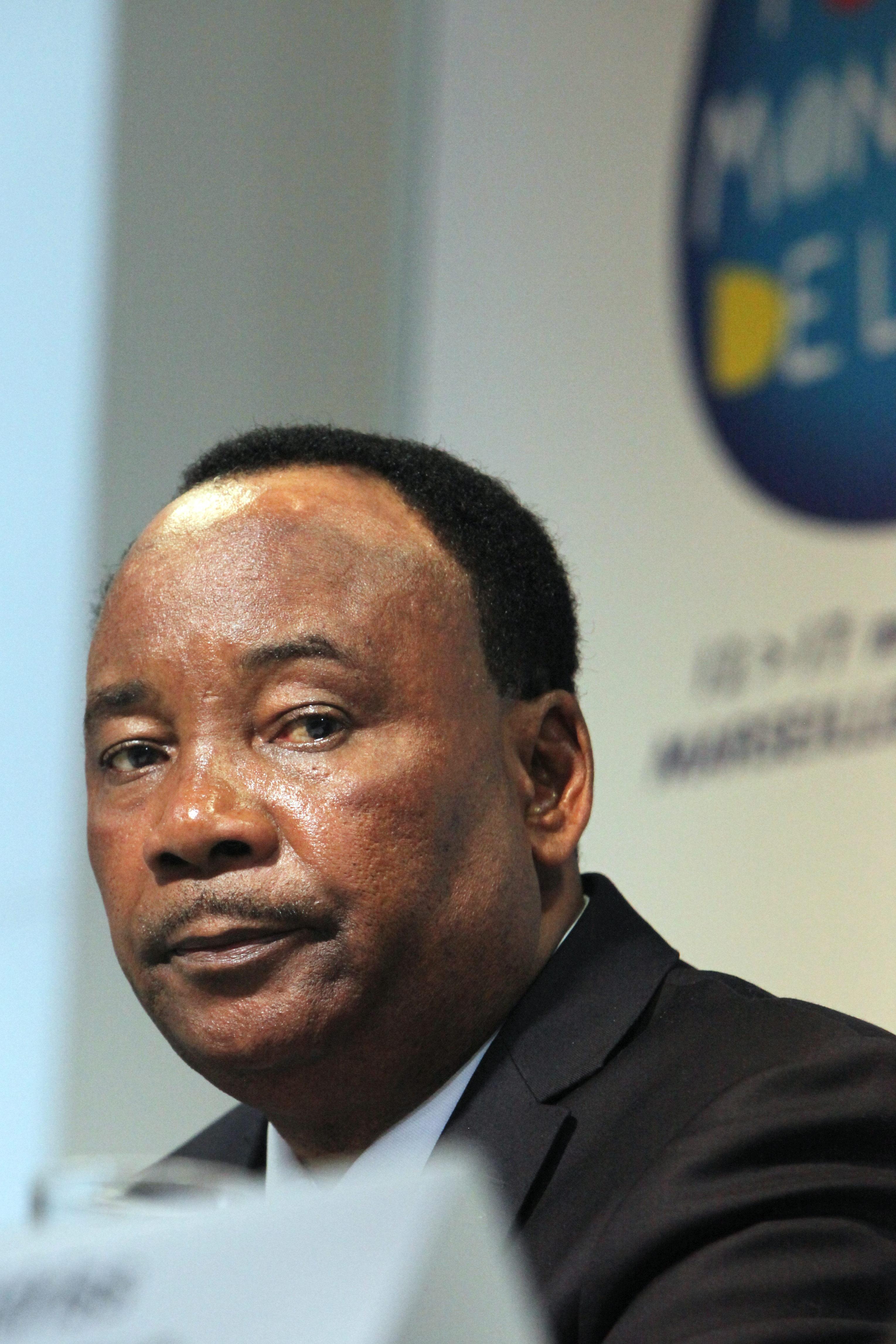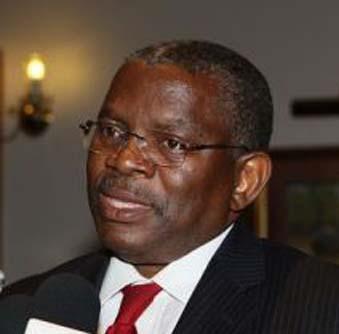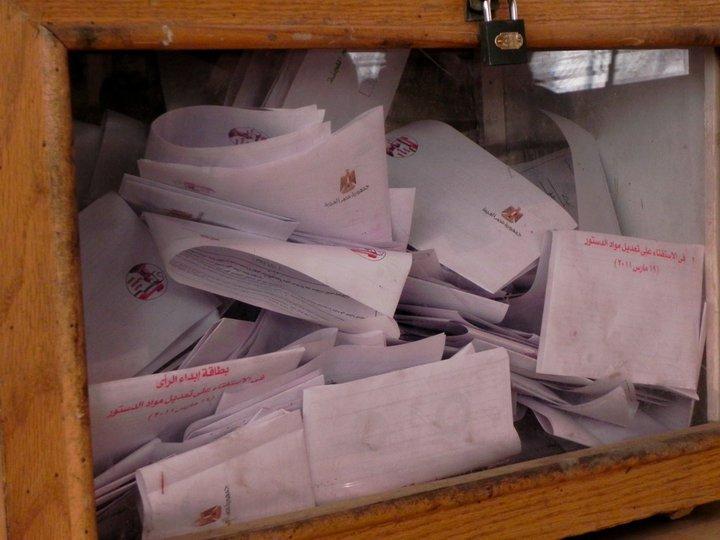Niger’s bad dream approaches as islamists set sights on Niamey – By Celeste Hicks


Niger's President Mahamadou Issoufou has been quick to distance Niger from the recent attacks on the country, claiming the perpetrators came from Libya.
When Agadez’s army barracks was hit by a suicide explosion on May 23rd the Nigerien bad dream seemed like it had finally come true. For many Nigeriens it has been a case of when rather than if the crisis in neighbouring Mali was going to affect them. Niger’s long porous borders and poor military capability make it almost impossible for the government to guarantee the country’s security, and its recent tough stance on Mali – sending in around 500 troops and openly offering their support to the US and France in the battle against the terrorists – has made them a target. In fact, a statement issued shortly after the twin attacks on Agadez and the French uranium plant at Arlit by Mokhtar Belmokhtar’s Signed in Blood Battalion (which claimed joint responsibility with Mujao) specifically refers to Niger’s co-operation with France as the reason for the attacks.
Niger has long been threatened by Al-Qaeda in the Islamic Maghreb (AQIM) and its affiliates whose members have been moving through the extreme north of the country for several years. A small number of Nigeriens have been named among the ranks of the MUJAO which came to prominence in northern Mali in 2012 – hardly surprising as their main base during the brief Islamist take-over was Gao, close to the Nigerien border. According to a local Nigerien journalist, the government is aware of the presence of other militants in the capital and the Tillabery region.
However, until the Agadez/Arlit attacks the focus of these militants’ attention was Mali (where AQIM had established bases) and the main problem had been kidnapping for ransom. In late 2008 the Canadian diplomat Robert Fowler, who was acting as the UN Secretary General’s special envoy to Niger, was kidnapped about 45 kilometres outside of Niamey, and in 2010 seven employees of Areva were seized by armed groups from the Arlit facility; four of them have never been seen since. France appears to think they are being held by a group of Islamists whom they chased into the Adrar des Iforghas Mountains in neighbouring Mali.
In January 2011 two young Frenchmen were seized from a bar in down-town Niamey by turbaned men and driven off towards the Malian border; the subsequent French operation to rescue them ended in their deaths. The latest round of paranoia erupted when the mainly-Tuareg MNLA rebel group lumbered into northern Mali in early 2012 with the spoils of war from Gadaffi’s overthrow. Niger breathed a sigh of relief as its own ethnic Tuareg population chose not to rebel – when the jihadists were ousted from northern Mali it seemed only a matter of time until they would turn their attention back to Niger’s vast deserts.
The question remains as to how much local support these “˜foreign’ groups attract. President Mahamadou Issoufou has been at pains to distance Niger from the attacks, asserting that the Agadez attackers “came from Libya”. This chimes with President Idriss Deby Itno of neighbouring Chad’s claim that militias are training in southern Libya intent on overthrowing his government. “It is less problematic for local governments to describe terrorist networks as foreign movements” says one Sahel analyst.
There are suggestions of local complicity in the twin Agadez and Arlit attacks and a jail-break in Niamey several days later in which between 12 and 22 high risk prisoners escaped from the central prison. The investigation into Agadez has suggested at least one Nigerien was involved with the militants. Surviving soldiers described a Hausa-speaking beggar who had turned up outside the barracks and begun washing clothes and praying with them in the weeks before; according to military sources he was seen firing on soldiers during the fighting.
Niger’s Justice Minister Marou Amadou described how before the Niamey prison break “weapons had been smuggled in” and local newspapers have been quick to join the dots following the dismissal of the prison’s warden. Nigeriens have been asking why the man at the centre of the jail-break – the Malian-born Cheibane Ould Hama, an Arab from Gao who was convicted in 2009 of killing four Saudi Arabians and a US citizen – was not being held at the high security facility at Koutoukale outside the capital.
Cheibane had already escaped from jail in Bamako in an audacious plot several years earlier. He was mentioned in a US diplomatic cable seen on Wikileaks for suspected involvement in the 2008 Fowler kidnapping, allegedly handing over Fowler and his deputy to AQIM, although it’s not clear whether he was actually ever a member. This follows a pattern that was seen at the time of local criminal gangs being responsible for much of the hostage-taking and then handing them over to AQIM for cash.
Issoufou’s strategy appears to be to ask the international community for help against the Islamist threat while portraying Niger as a bulwark against the chaos seen in Mali. So far it appears to have paid off – France has already offered helicopters and a number of soldiers to assist Niger’s army, including troops who were involved in releasing the last of the hostages taken in the Agadez attack. But it is a risky strategy – agreeing to the US using his territory for a new drone base for surveillance in Mali may increase the chances of further attacks by the Islamist militants.
The same can be said for Idriss Deby Itno’s role in sending troops to Mali, although any attacks in Chad may well be co-ordinated with the help of Boko Haram groups in northern Nigeria due to the vast distances between AQIM and Mujao’s operations in Mali and Chad. Both men need to be wary of crying wolf; “Overestimating the threat in order to attract more assistance may be a dangerous bet” says the Sahel analyst.
Real questions remain about Niger’s capacity to contain the problem. Measures to register licensed weapons look ineffective in the face of the sheer number of illegal weapons in the region post-Gadaffi. The armed forces are only estimated at about 5000 men at best; checkpoints and barricades have been erected across Niamey but may not be enough. For many in Niger this could be the beginning of the bad dream everyone hoped they could avoid.
Celeste Hicks is a freelance journalist with a focus on African issues. She has a particular interest in the Sahel.






[…] American support, but the country’s ability to counter a growing terrorist threat is unclear. (African Arguments, June […]